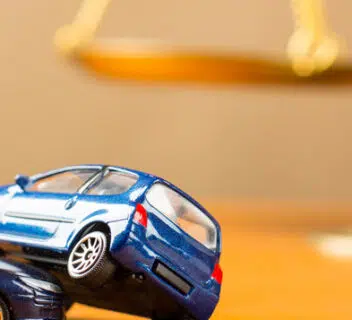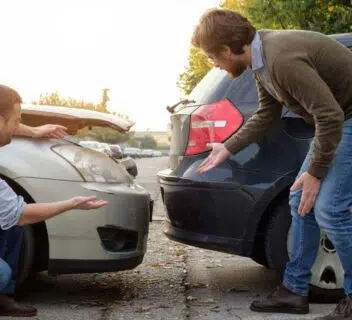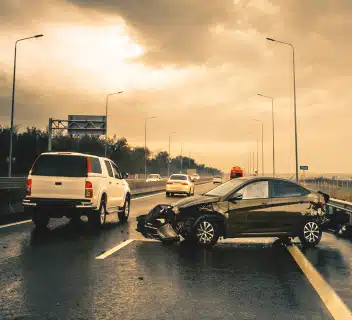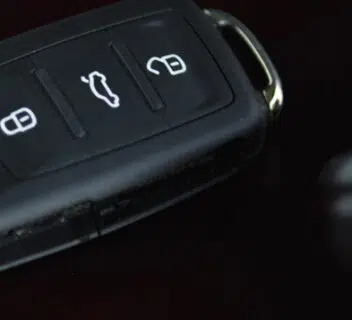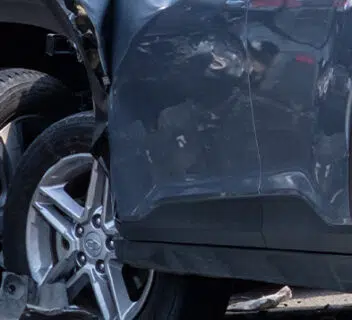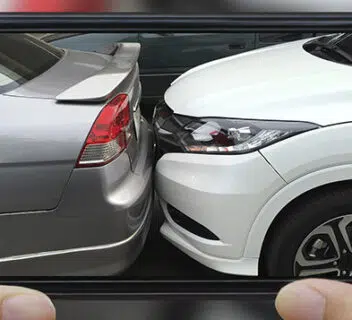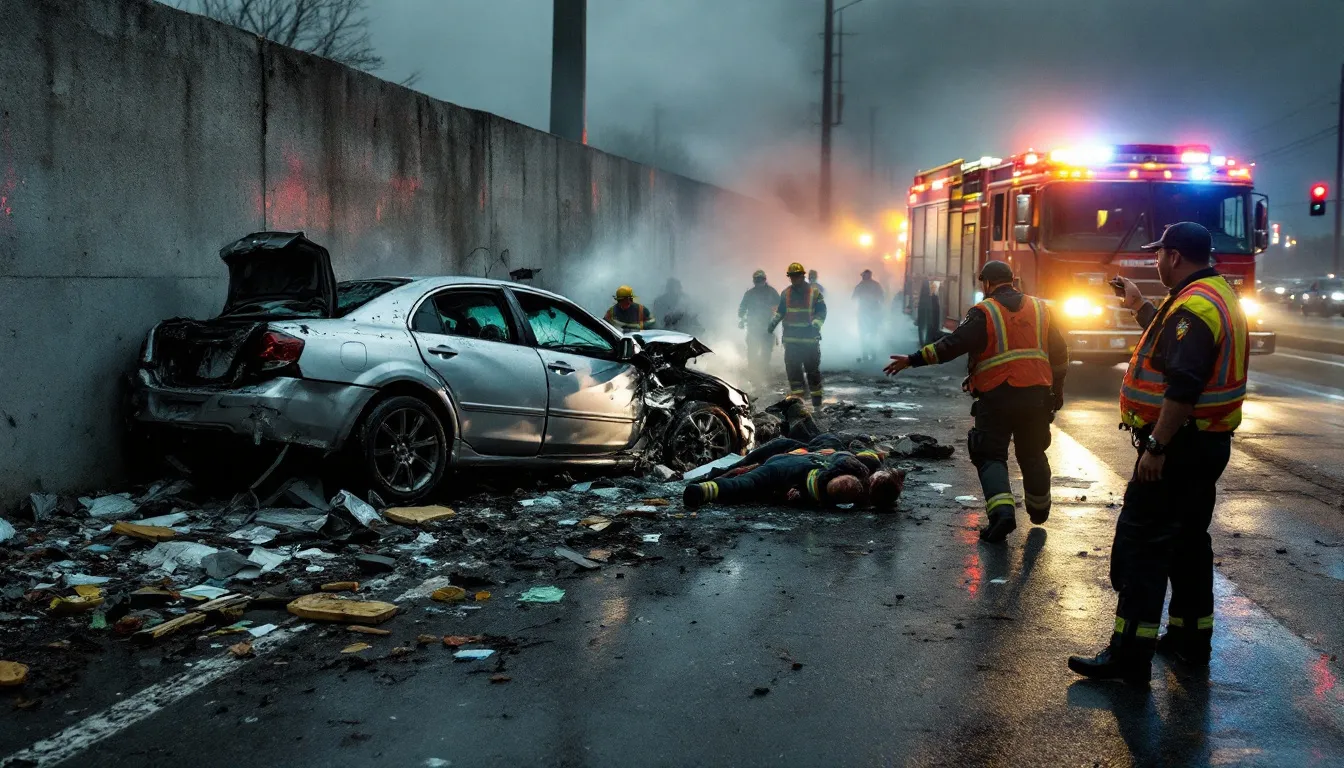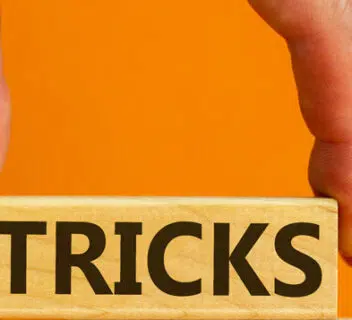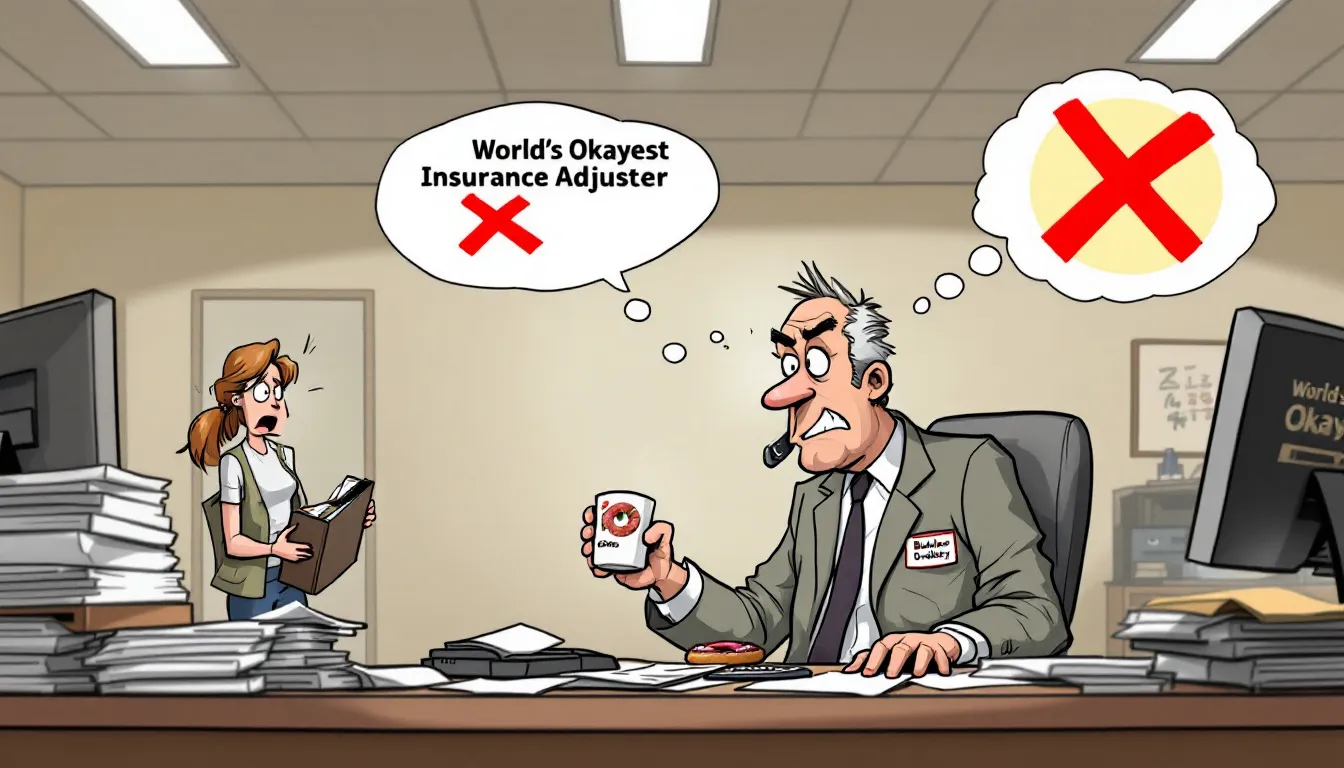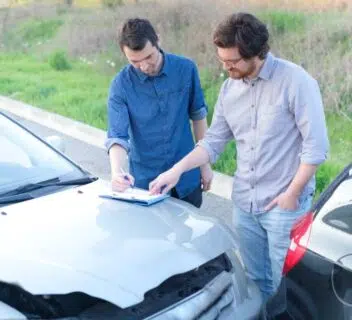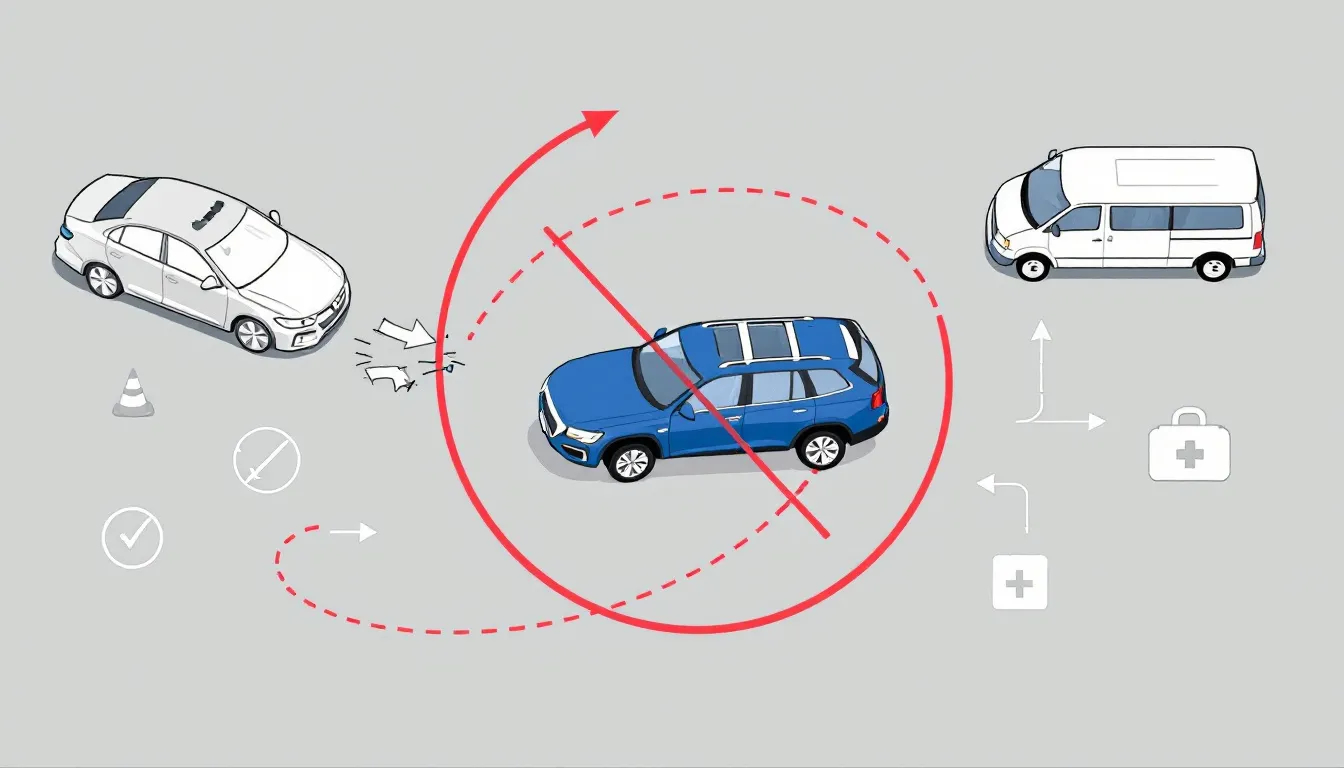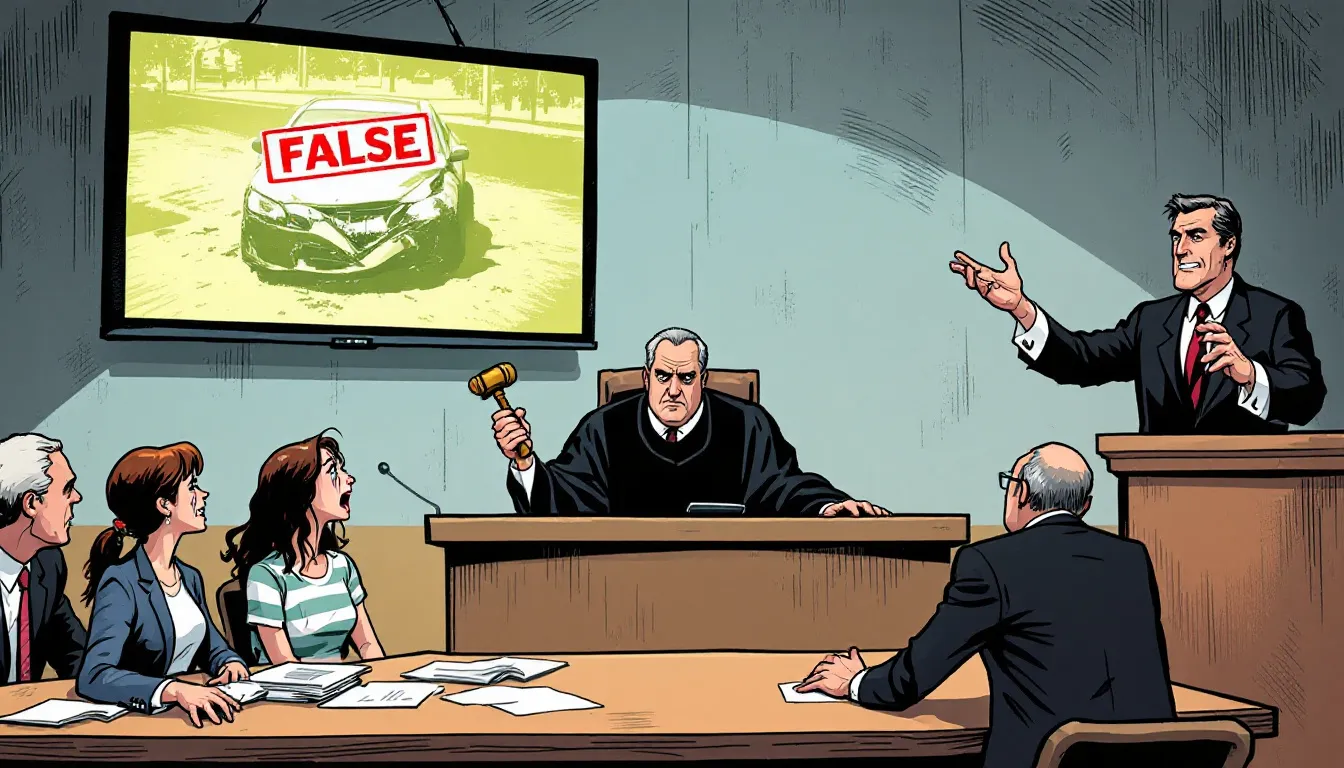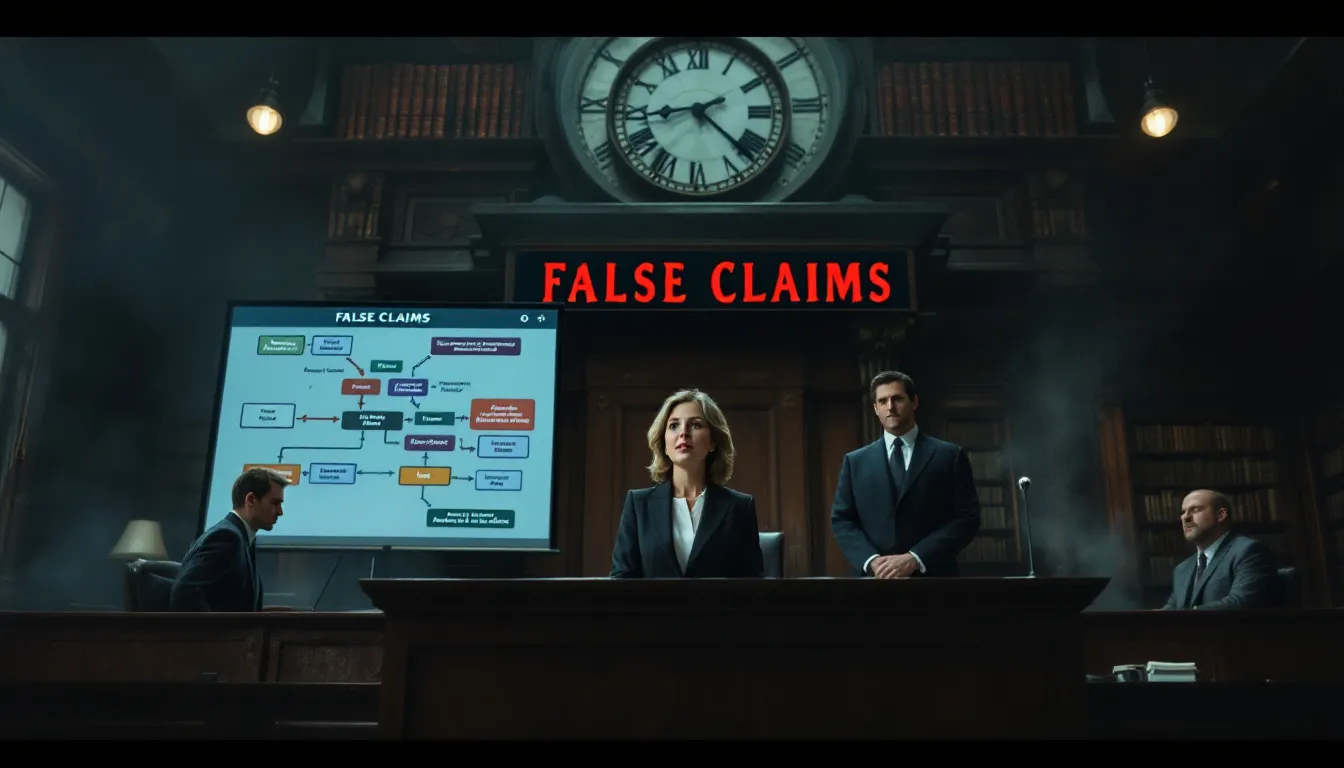If you’re thinking ‘Should I wait to call a lawyer for car accidents?’ the answer is, don’t wait. Contacting a lawyer immediately after an accident is crucial. Quick legal intervention helps in gathering vital evidence, countering insurance company tactics, and ensuring you meet important legal deadlines. Delay can risk your chance of fair compensation. In this article, we’ll detail why prompt action is critical and what steps to take right after an accident to protect your rights.
Key Takeaways
- Contacting a lawyer promptly after a car accident is crucial for securing evidence and maximizing compensation, as delays can lead to missed opportunities and financial strain.
- Understanding statutes of limitations is essential; failing to file a lawsuit within specific timelines can permanently bar recovery of compensation.
- Hiring a personal injury lawyer early ensures effective navigation of insurance negotiations, increases the likelihood of a favorable settlement, and relieves the financial burden of upfront legal fees.
Why Timing Matters in Contacting a Lawyer After a Car Accident
Timing is everything, especially when it comes to contacting a lawyer after a car accident. Acting promptly ensures that you secure crucial legal support, which can significantly improve your chances of obtaining fair compensation and managing the claims process effectively. Delaying legal action increases out-of-pocket expenses for accident-related costs, leading to financial strain from accumulating medical expenses and lost income.
Accident victims who delay initiating legal action may miss the opportunity for financial recovery altogether. Such delays can result in higher costs from accumulating medical bills and lost wages. In essence, the sooner you contact a lawyer, the better positioned you are to protect your interests and secure the compensation you need to recover fully.
Evidence Collection
One of the primary reasons to contact a lawyer promptly is the need to gather evidence swiftly. Critical evidence such as photos, witness statements, and police reports can easily be lost or become less reliable over time. A lawyer helps collect and preserve this evidence, essential for building a strong case and establishing liability.
Lawyers will review the available evidence, including police reports and medical records, to evaluate the strength of your claim. This comprehensive assessment ensures all critical details are considered, enhancing your chances of a favorable insurance claim outcome.
Statute of Limitations
Each state has specific timelines, known as statutes of limitations, for filing personal injury claims. For instance, in Maryland, you have three years from the accident date to file a lawsuit, while in Texas and Florida, the limit is two years. Failing to act within these timeframes can permanently bar you from obtaining compensation.
An experienced personal injury lawyer presents your personal injury claim within the legal timeframe, safeguarding your right to seek justice and compensation in a civil suit and a personal injury lawsuit. Timely legal intervention avoids the complexities and potential pitfalls of missing critical deadlines.
Avoiding Insurance Company Tactics
Insurance companies often employ strategies to minimize the amount they pay out on claims. Without prompt legal representation, you might fall victim to these tactics, resulting in prolonged periods without compensation for lost income. Having a personal injury lawyer early on helps navigate these challenges and improves the likelihood of a fair settlement.
Early legal representation protects your rights from the outset, leading to more favorable outcomes. A lawyer effectively counters insurance companies’ strategies, helping secure the compensation you deserve for your car accident injuries.
The Economic Impact of Delaying Legal Action
Delaying legal action after a car accident can lead to significant economic repercussions. If you wait longer past the statute of limitations, you forfeit your right to compensation. This delay can also result in insurers offering lower settlements, as they know time is not on your side.
Expenses from an accident, including medical and economic costs, can rise substantially if legal action is delayed. Promptly filing a claim ensures quicker compensation, aiding your recovery and mitigating financial strain.
Hiring a lawyer as soon as possible after an accident is vital for handling negotiations with the insurance company and securing a fair settlement.
Medical Expenses
Medical expenses can quickly become overwhelming following a car accident. Immediate legal assistance can significantly reduce this financial burden by ensuring all medical costs, including future treatments, are accounted for in your claims. Prompt medical care also minimizes disputes over the timing and seriousness of your injuries.
By addressing medical expenses early, you can prevent arguments against the severity of your injuries and demonstrate the immediate impact of the accident on your health. This proactive approach strengthens your case and ensures fair compensation for your medical expenses.
Lost Wages
Injuries from a car accident can prevent you from working, leading to significant income loss over time. Documenting missed workdays and lost income supports your compensation claims. Severe injuries and serious injuries, along with personal injuries, can result in long-term unemployment, affecting both immediate finances and future earning potential.
Self-employed individuals must track missed business opportunities and declines in income to claim lost wages. This documentation aids in recovering fair compensation and mitigating the financial impact of your injuries.
Property Damage
Timely legal action can expedite the process of receiving compensation for vehicle repairs or replacements. Swift legal support accelerates the settlement process, minimizing additional costs and financial strain on accident victims.
Engaging a lawyer promptly ensures quicker resolutions for property damage claims, reducing out-of-pocket expenses and providing funds to repair or replace your vehicle. This proactive approach helps you get back on the road and resume normalcy faster.
Benefits of Hiring a Personal Injury Lawyer Early
Engaging a personal injury lawyer soon after a car accident can significantly improve your chances of receiving fair compensation. Legal representation is essential for negotiating effectively with insurance companies and increasing the likelihood of a satisfactory settlement.
Experienced attorneys and their legal team will work diligently to gather crucial evidence, negotiate settlements, and prepare for court if necessary, navigating the legal complexities involved. Their legal counsel ensures all aspects of your case are handled professionally, leading to more favorable outcomes.
Free Initial Consultation
Most car accident attorneys offer free initial consultations to assess auto accident accidents and injuries. This meeting allows the attorney to gather information about the accident and discuss potential compensation options.
Individuals seeking to find a qualified car accident lawyer can call 1-800-THE-LAW2 or complete a form to get connected to a licensed car accident attorney. The consultation incurs no out-of-pocket cost, offering valuable insights without financial pressure. Additionally, individuals can benefit from learning about their case thanks to the legal expertise of car accident lawyers.
Contingency Fee Basis
Car accident attorneys generally operate on a no-win, no-fee basis, also known as a contingency fee. Under this structure, clients are not required to pay upfront legal fees, alleviating financial pressure during their recovery.
This arrangement motivates the lawyer to secure the best possible favorable outcome for the client, as their payment depends on obtaining compensation. It provides peace of mind, knowing that you won’t incur legal fees unless your case is successful.
Maximizing Compensation
An experienced lawyer can significantly enhance the compensation received by clients, including potential additional compensation. Legal representation typically results in a higher success rate in court and usually leads to maximum compensation overall.
During an initial consultation, the lawyer analyzes the accident specifics and assesses your potential compensation. By reviewing the details of your case, a personal injury lawyer ensures the settlement proposed by your insurance company is fair and reasonable.
Steps to Take Before Contacting a Lawyer
Before contacting a lawyer, take essential steps to strengthen your case and expedite seeking compensation. These steps include seeking medical attention, documenting the scene, and notifying your insurance provider. Taking these steps aids in recovery efforts and prevents agreeing to an unreasonably low settlement by signing paperwork without a lawyer’s input.
Avoid admitting fault, signing paperwork, or talking to the other driver’s insurance company in an at-fault state without consulting your attorney.
Seek Medical Attention
Always prioritize seeking help immediately after a car accident. Seek medical attention immediately, even if you feel fine initially, as some injuries may not be immediately apparent. Your immediate health should be your primary concern, and if necessary, visit the emergency room.
Request a police officer to create an official police report for documentation, crucial for your case.
Document the Scene
Collecting evidence promptly after a car accident strengthens your case and provides a clear understanding of what transpired. Key evidence to gather includes:
- Photos of vehicle damage
- Photos of road conditions
- Photos of visible injuries
- Contact information from witnesses
This documentation provides a solid foundation for your case, making it easier for your lawyer to build a compelling argument.
Notify Your Insurance Provider
It’s essential to notify your insurance provider promptly after a car accident to ensure your car accident claim is processed without delays. Reporting the accident quickly can prevent complications and delays in your claims process.
When reporting the accident, keep statements straightforward, avoiding unnecessary details until you have legal guidance. Consult a lawyer before providing a detailed statement to your insurance company to protect your interests.
What to Expect During a Free Case Evaluation
During a free case evaluation, clients receive an assessment of the accident details and eligibility for compensation. This evaluation determines the viability of your claim and the potential for compensation.
Most car accident attorneys work on a contingency fee basis, meaning they only get paid if the client wins their case, ensuring there are typically no upfront costs. Clients are not obligated to hire the lawyer after the free evaluation, which offers valuable insights without commitment.
Case Assessment
Lawyers assess the details of your car accident and injuries to determine the viability of your claim. They consider various factors, including the severity of injuries, liability issues, and the potential for compensation.
Clients receive legal advice on the next steps to take, potential outcomes, and how to strengthen their case in the legal process. A free case evaluation does not obligate clients to hire the lawyer, offering insights without immediate commitment to legal services.
Legal Advice
During the consultation, discuss legal options and case laws pertinent to your situation. A free consultation with a car accident lawyer is a crucial first step in understanding your legal options.
After the consultation, your lawyer may outline the necessary steps to build your case effectively. The consultation outcomes help determine whether to proceed with a claim and the type of legal strategy to adopt.
No Obligation
A free case evaluation offers insights without any requirement to hire the attorney. The free consultation does not require you to hire the lawyer, allowing you to explore options without pressure.
The free evaluation offers insights into the case without obligating the client to hire the lawyer. Exploring legal options during a free case evaluation provides clarity while avoiding commitment.
Summary
In conclusion, contacting a lawyer promptly after a car accident is crucial to protect your rights and secure the compensation you deserve. From gathering critical evidence to navigating insurance company tactics and understanding the statute of limitations, timely legal action can make a significant difference in your case.
By following the steps outlined in this guide and seeking professional legal advice, you can ensure a smoother recovery process and maximize your chances of a favorable outcome. Remember, the sooner you act, the better your chances of securing the compensation you need to move forward.
Frequently Asked Questions
Contact a lawyer as soon as possible after a car accident to protect your rights and increase your chances of obtaining fair compensation. Prompt legal action is crucial in these situations.
It’s crucial to gather photos of vehicle damage, road conditions, visible injuries, police reports, and witness statements after a car accident. This evidence is vital for establishing liability and strengthening your case.
The statute of limitations sets a strict deadline for filing your claim, and missing this deadline may prevent you from receiving any compensation. It’s crucial to be aware of these time limits to protect your rights.
You can expect the lawyer to evaluate your case details, discuss potential compensation, and offer legal advice on your next steps, all without any obligation to hire them afterward. This consultation is an opportunity to gain clarity and understand your options moving forward.
Contingency fees in personal injury cases mean your attorney only gets paid if you receive compensation, relieving you of any upfront legal costs. This structure allows you to pursue your claim without financial pressure.
